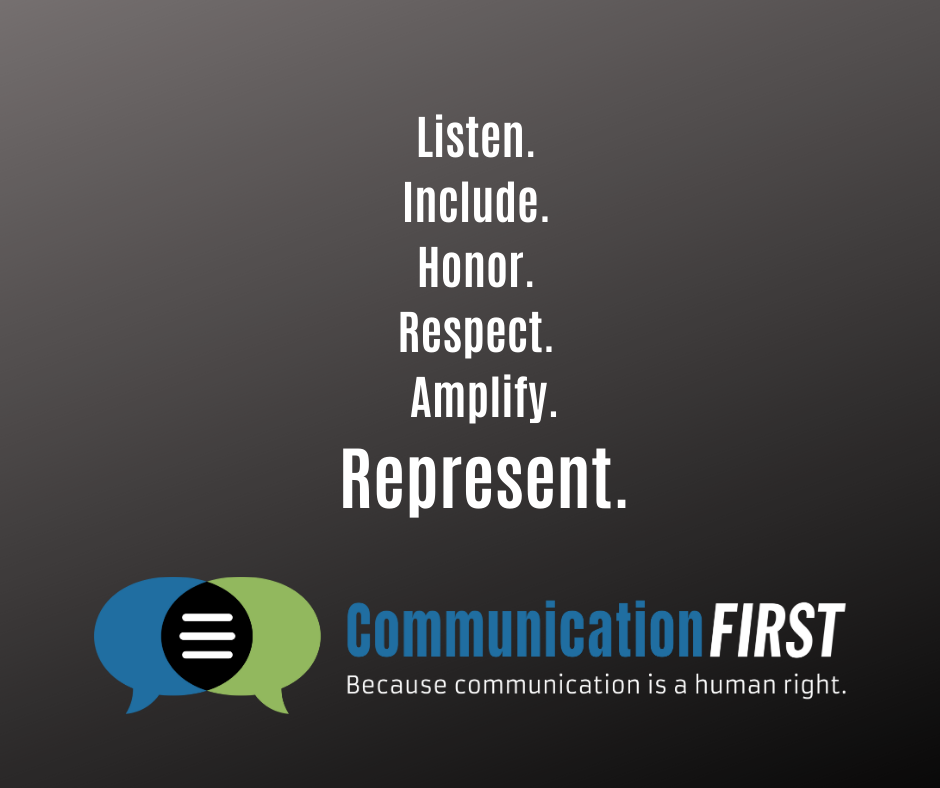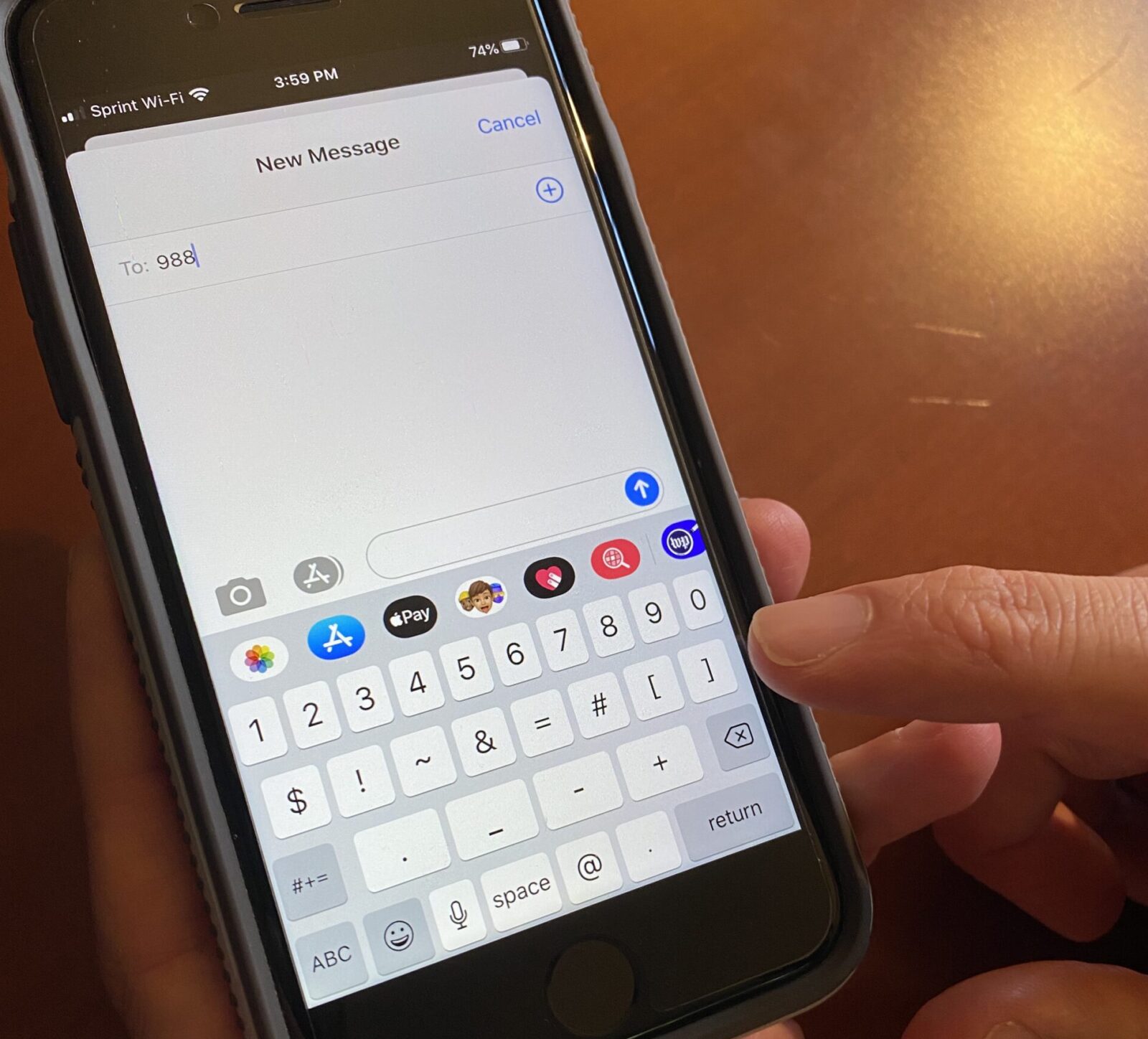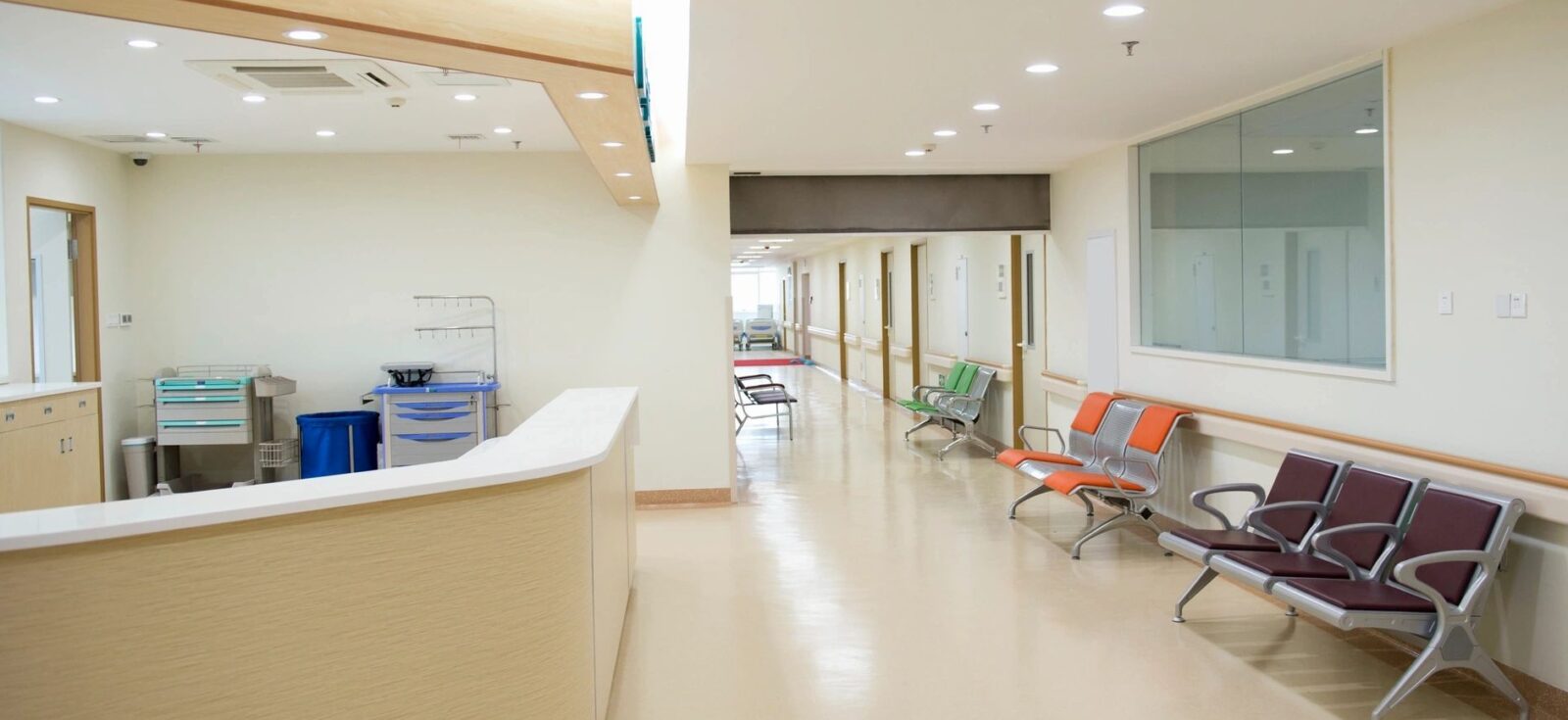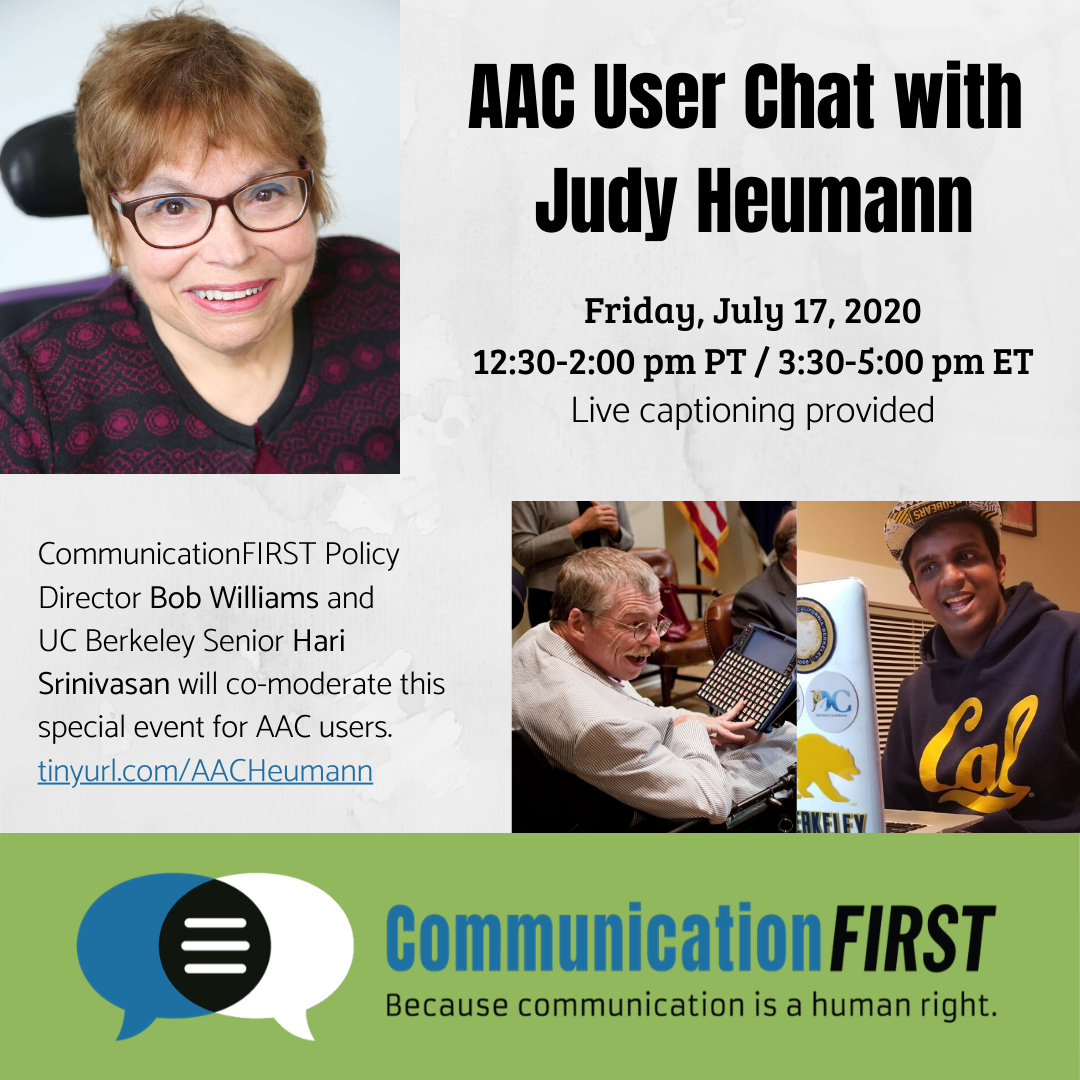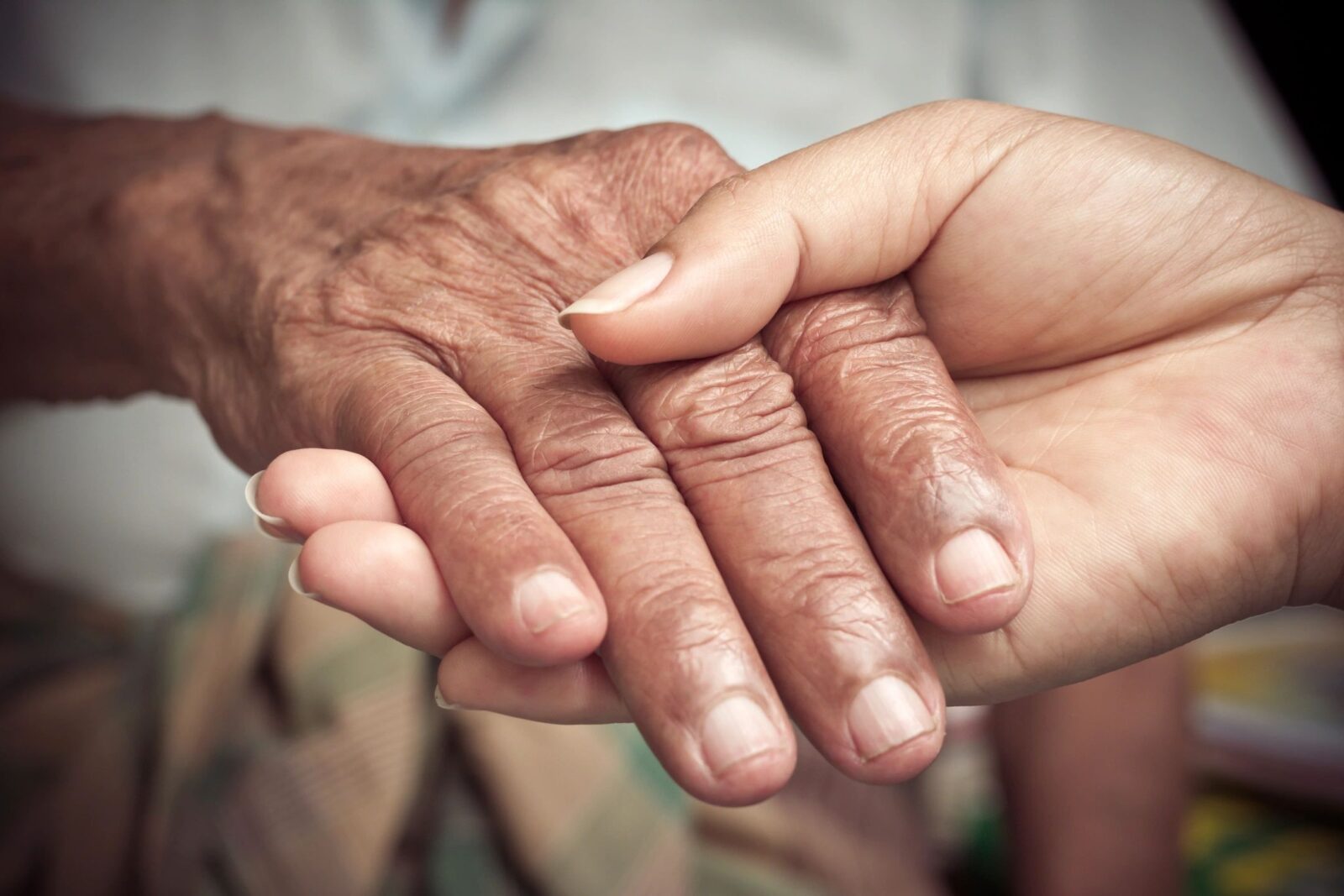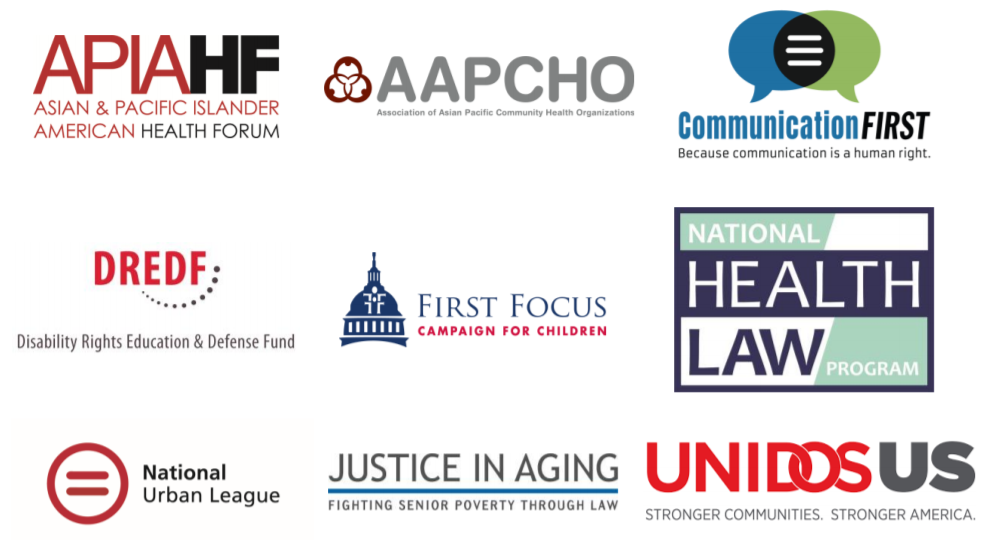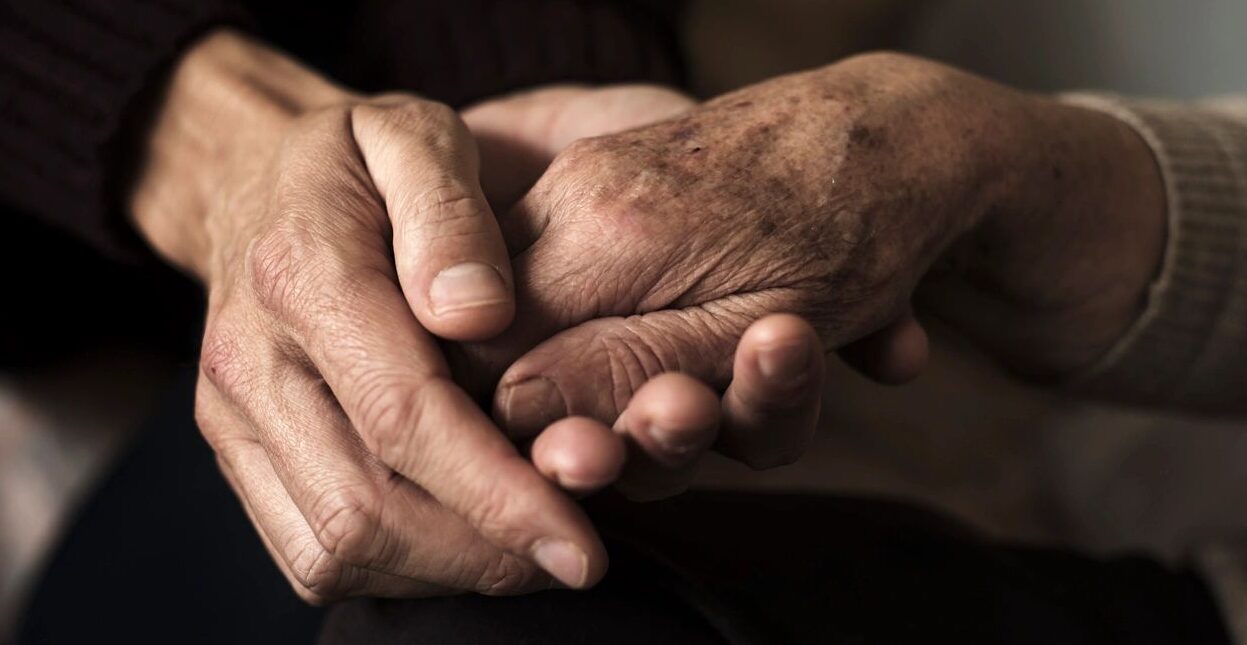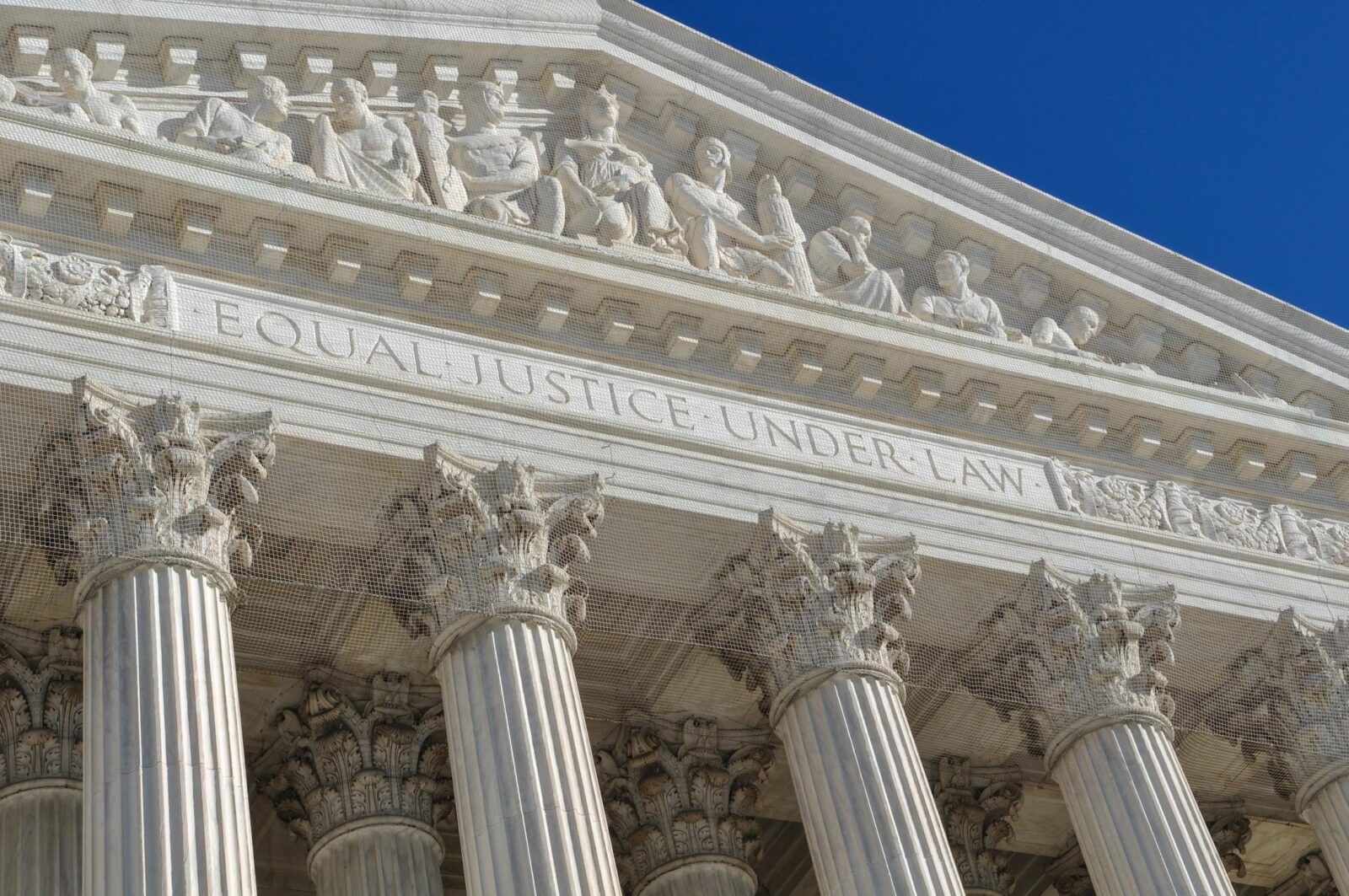Including, respecting, honoring, and listening to people who cannot rely on speech to be heard and understood can be hard…
On October 16, 2020, CommunicationFIRST joined with the National Association of the Deaf other communication rights organizations to formally petition the Federal Communications Commission (FCC) to include text and direct video calling options to allow people with speech and hearing disabilities to access a federally mandated three-digit National Suicide Lifeline that will launch in 2022.
Yesterday, CommunicationFIRST joined Disability Rights DC and other disability rights groups in filing a complaint against MedStar, a private hospital in the District of Columbia, for violating the communication rights of a patient for failing to provide him the in-person supports he requires to communicate with health care personnel and to provide informed consent.
Yesterday, CommunicationFIRST joined an amicus brief in federal court in support of Washington state’s Attorney General to seek a preliminary injunction to prevent a regulatory rollback of communication protections in health care settings.
RICHMOND, Va. — On Friday, July 17, 2020, CommunicationFIRST joined a coalition of state and national disability groups sent a letter to Virginia Governor Ralph Northam urging him to ensure Virginia hospitals and other health care facilities comply with federal civil rights law and recent guidance from the Office for Civil Rights at the US Department of Health and Human Services to ensure patients with communication and other disability-related support needs are able to access the in-person supports they need while receiving medical treatment.
We are excited to host this special opportunity for AAC users to engage with civil rights legend and CommunicationFIRST Board Member Judy Heumann on July 17!
WASHINGTON, D.C. – Today, in response to the first federal complaint challenging discriminatory hospital “no-visitor” policies, the Office for Civil Rights (OCR) at the U.S. Department of Health & Human Services announced a resolution agreement making clear that federal law requires hospitals and the state agencies overseeing them to modify policies to ensure patients with disabilities can safely access the in-person supports needed to benefit from medical care during the COVID-19 pandemic.
CommunicationFIRST today joins eight other national organizations that that work with and advocate for Limited English Proficient (LEP) populations, deaf and hard-of-hearing communities, blind persons, and people who cannot rely on speech to be heard and understood, in a letter to Congress urging it to ensure the federal response to…
We have received multiple calls from around the country about overly restrictive hospital “no-visitor” policies. These policies often allow visitors for patients without disabilities, including infants, children, women giving birth, and those at the end of life, but prevent access to the support people necessary for patients with disabilities.
Earlier today, CommunicationFIRST, together with Disability Rights Connecticut, the Center for Public Representation, and the Arc of the United States filed a complaint with the U.S. Department of Health and Human Services Office for Civil Rights (HHS OCR) regarding the failure to provide people with disabilities reasonable accommodations to hospital no-visitor policies in effect during the COVID-19 pandemic.
CommunicationFIRST has prepared a COVID-19 Communication Rights Toolkit, recognizing that our population—people who face significant barriers being understood with speech and accessing effective communication supports in the best of times—is likely to face even greater barriers to accessing our necessary communication supports if we are hospitalized due to a coronavirus infection.
Washington, DC – A lawsuit filed today alleges that students with disabilities in Fairfax County Public Schools (FCPS) experience unjustified discrimination, psychological trauma, and physical harm from the widespread and improper use of restraint and seclusion.

